Making your own baby food can often be cheaper than buying pre-made commercial baby food, but the cost-effectiveness can vary based on several factors. Here's a breakdown of what to consider:
Cost Factors:
-
Ingredient Costs:
- Homemade: When you make baby food at home, you can buy fresh fruits and vegetables in bulk or when they're on sale, which can significantly reduce costs. You can also use some of the foods you already buy for your own meals.
- Store-Bought: Pre-made baby food jars or pouches can be more expensive per serving. Organic options are typically pricier than non-organic ones.
-
Equipment:
- Homemade: You'll need to invest in a good blender, food processor, or baby food maker, as well as storage containers. These are usually one-time costs but can add up initially.
- Store-Bought: No additional equipment is required.
-
Time Investment:
- Homemade: Making baby food requires time for preparation, cooking, blending, and cleaning. The time spent might be a cost consideration for busy parents.
- Store-Bought: Convenience is a significant factor here. Pre-made baby food saves time and effort.
-
Nutritional Value and Quality:
- Homemade: You have control over the quality and freshness of the ingredients. Homemade food can be healthier as you avoid additives and preservatives found in some commercial baby foods.
- Store-Bought: Some parents prefer the convenience and consistency of commercial baby foods. Many brands offer organic and preservative-free options, but they come at a higher price.
Example Comparison:
Homemade Baby Food:
-
Sweet Potatoes:
- Cost per pound: $1.20
- Yield: About 2 cups of puree per pound
- Cost per serving (4 oz): $0.30
-
Apples:
- Cost per pound: $1.50
- Yield: About 2 cups of puree per pound
- Cost per serving (4 oz): $0.38
Store-Bought Baby Food:
-
Sweet Potato Puree:
- Cost per 4 oz jar/pouch: $1.00 - $1.50
-
Apple Puree:
- Cost per 4 oz jar/pouch: $1.00 - $1.50
Additional Considerations:
- Waste: Homemade baby food can be made in larger batches and frozen, reducing waste. Store-bought food can sometimes be wasted if your baby doesn’t finish the entire jar/pouch.
- Customization: You can tailor homemade food to your baby’s preferences and dietary needs, introducing new foods and textures gradually.
- Safety: Ensuring homemade baby food is prepared and stored safely is crucial to avoid contamination.
Overall, making your own baby food can be more cost-effective, especially if you already cook at home and can integrate baby food preparation into your routine. However, the convenience of store-bought baby food is a significant advantage for many parents. Assessing your priorities, such as cost, time, and control over ingredients, will help you decide the best option for your family.

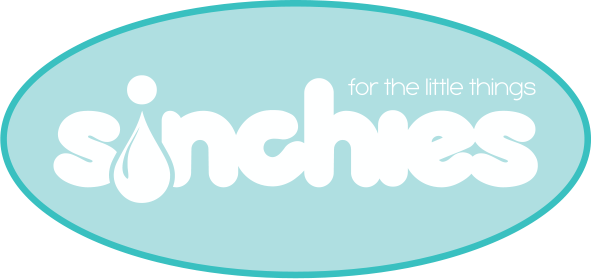
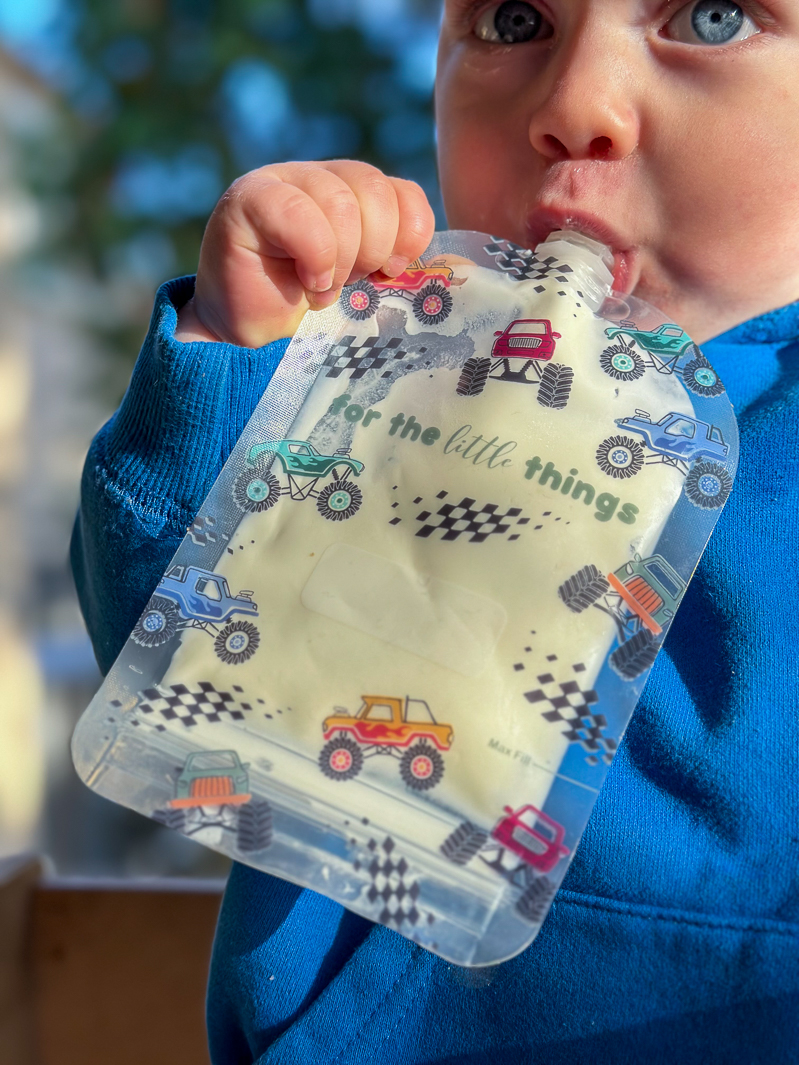

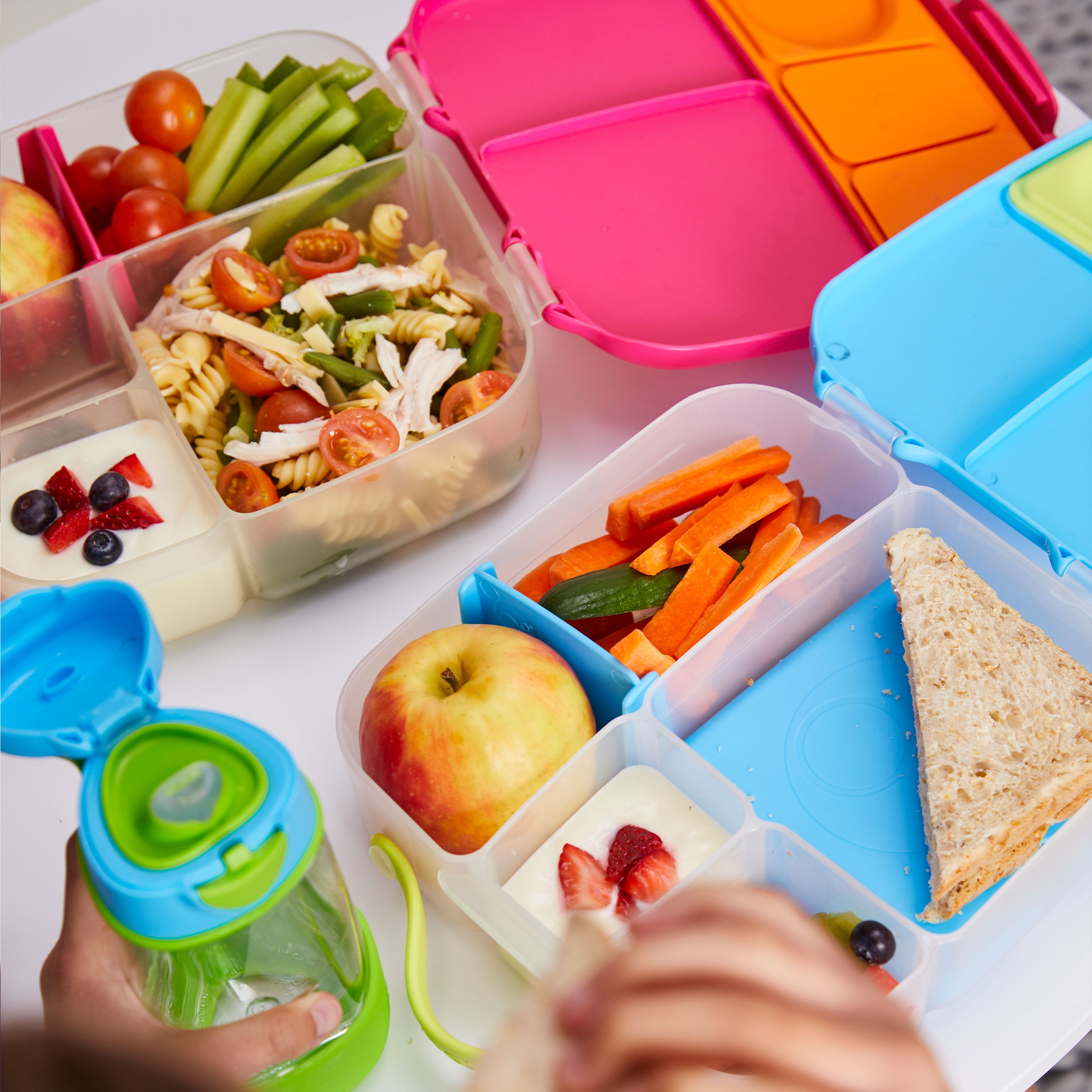

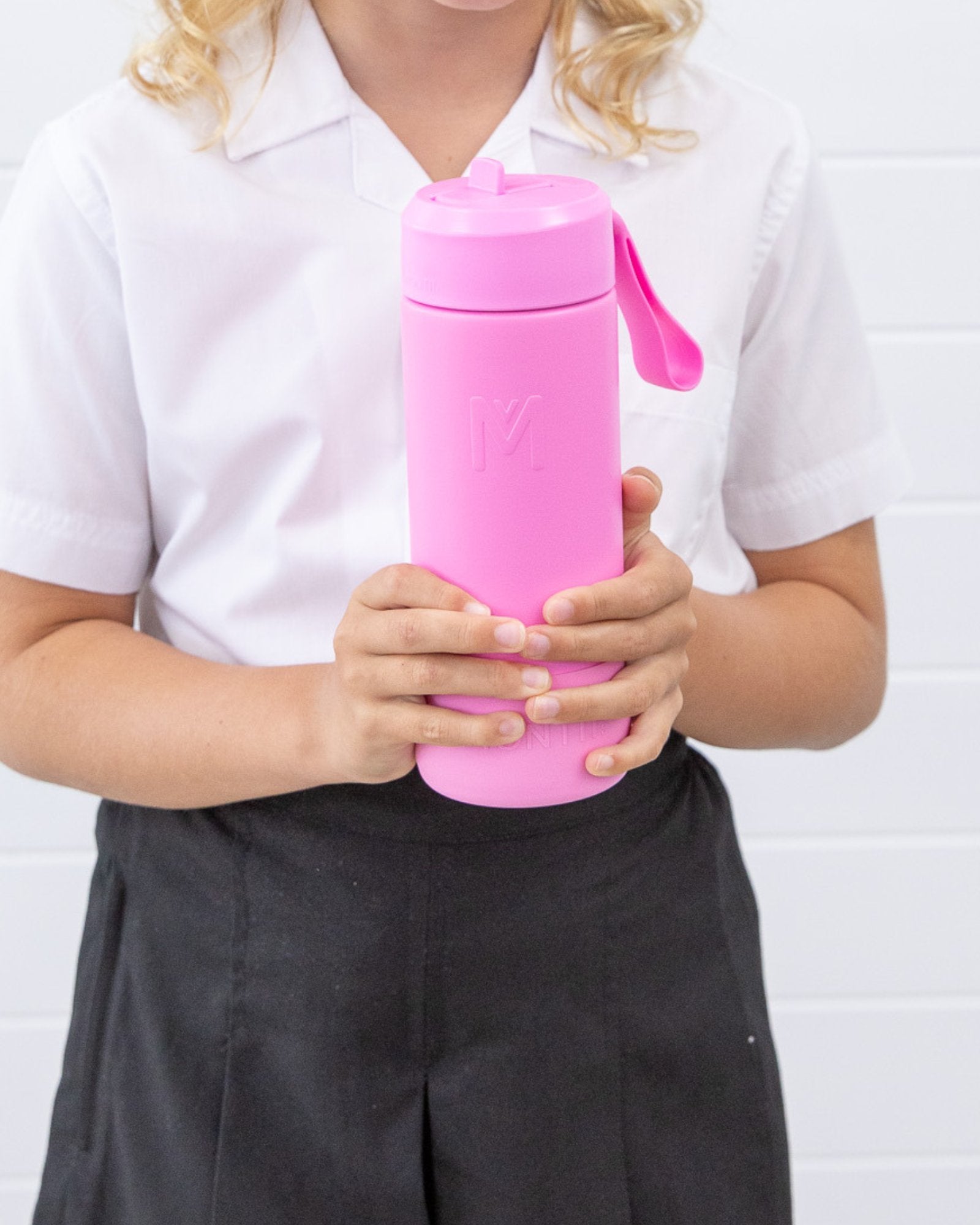

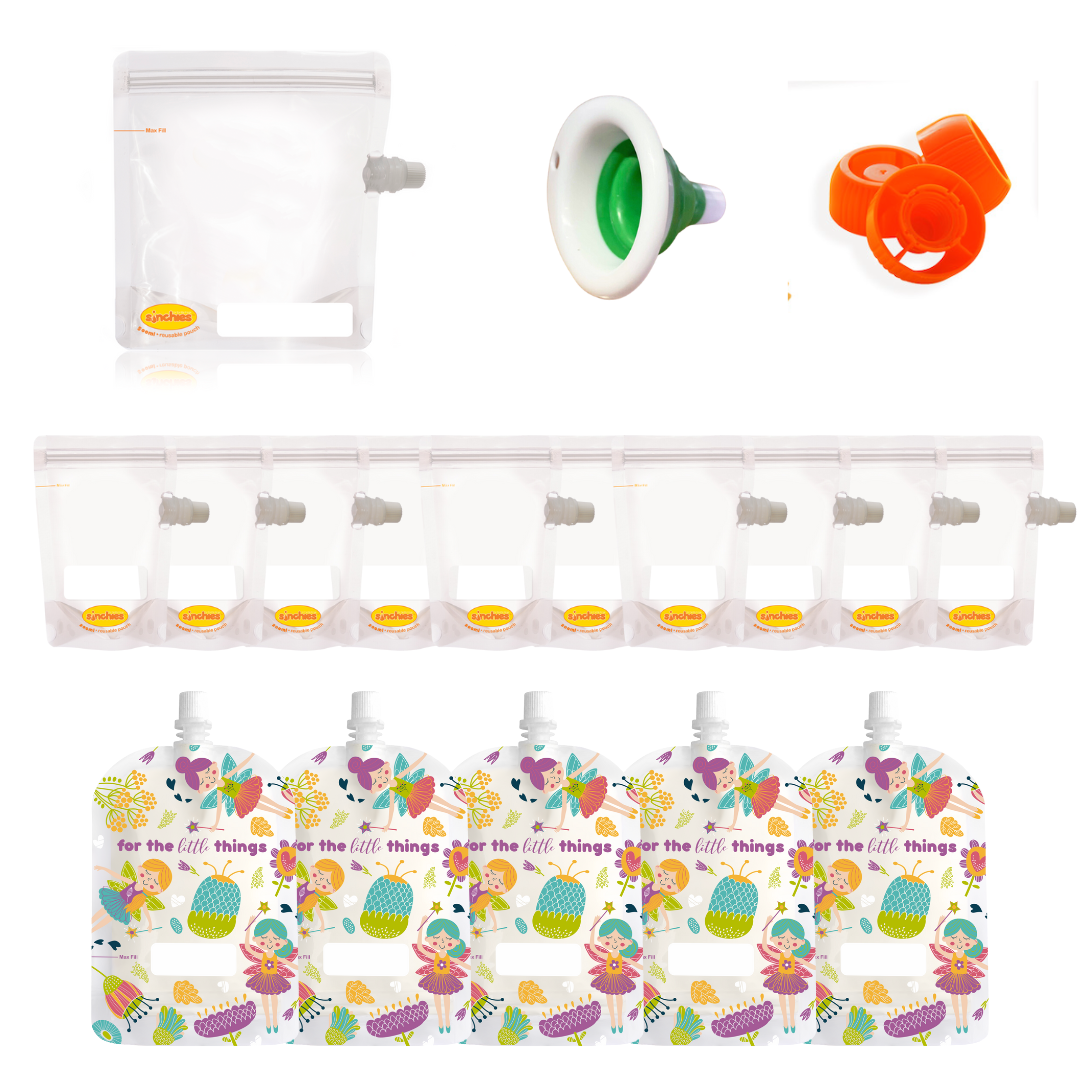
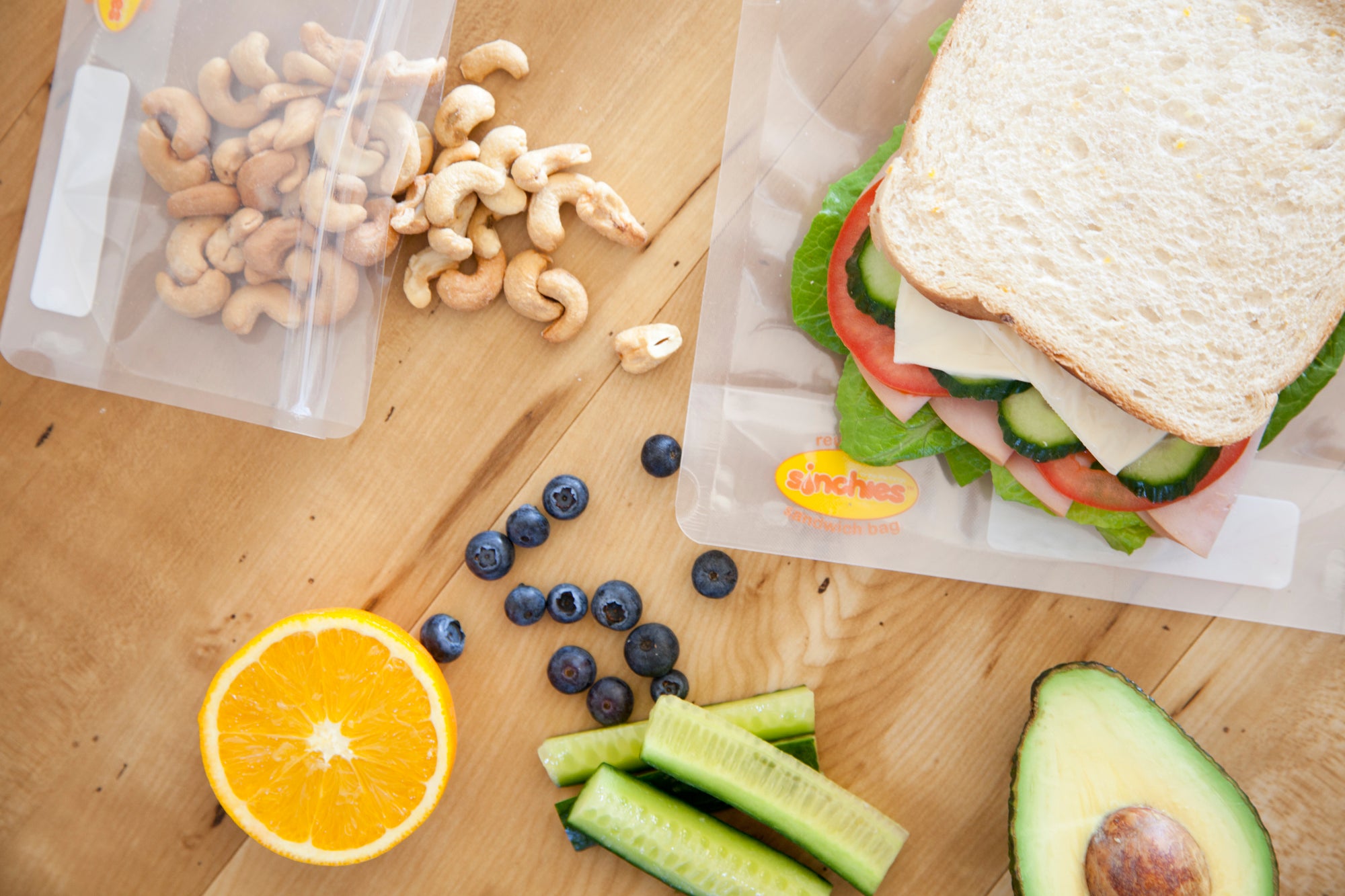
























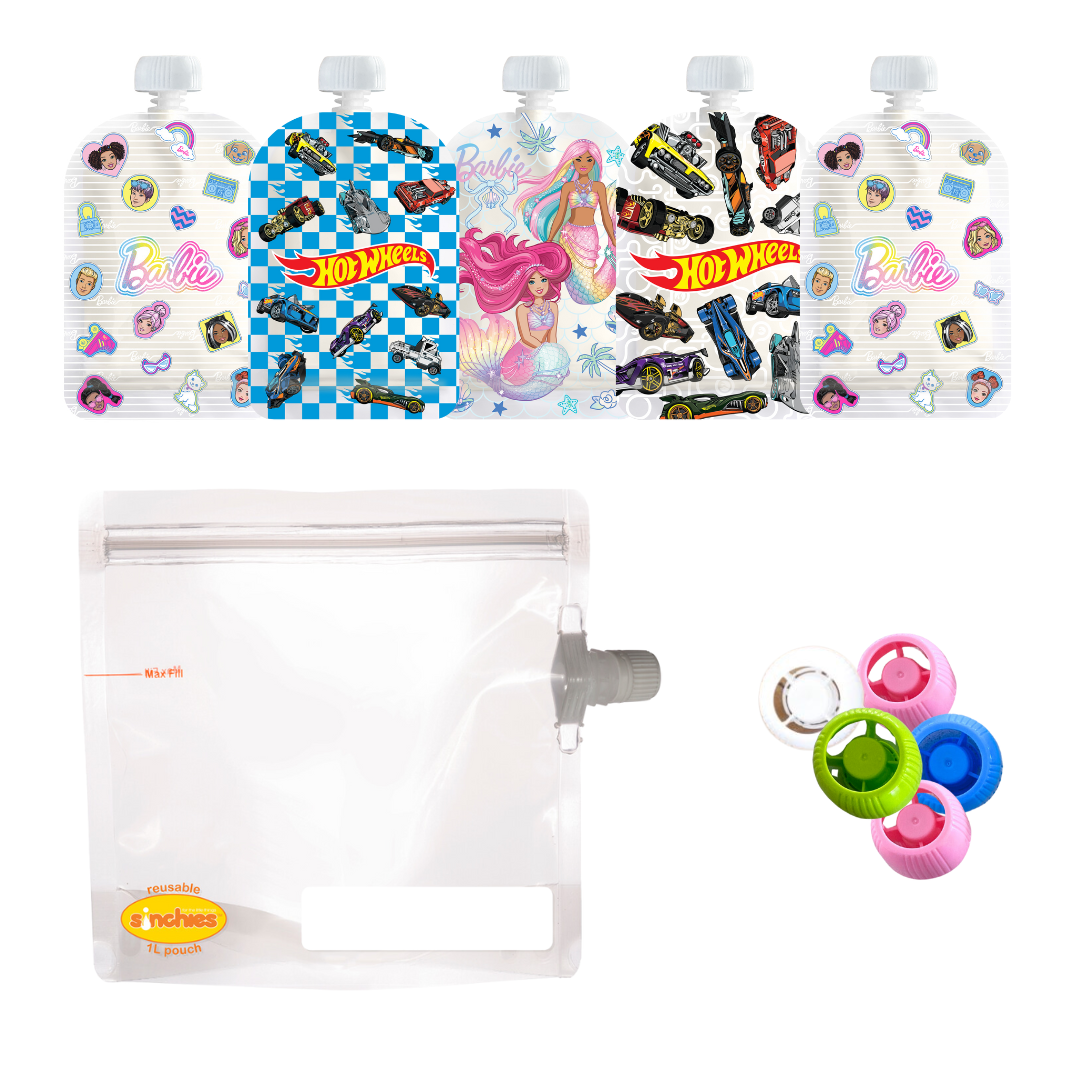
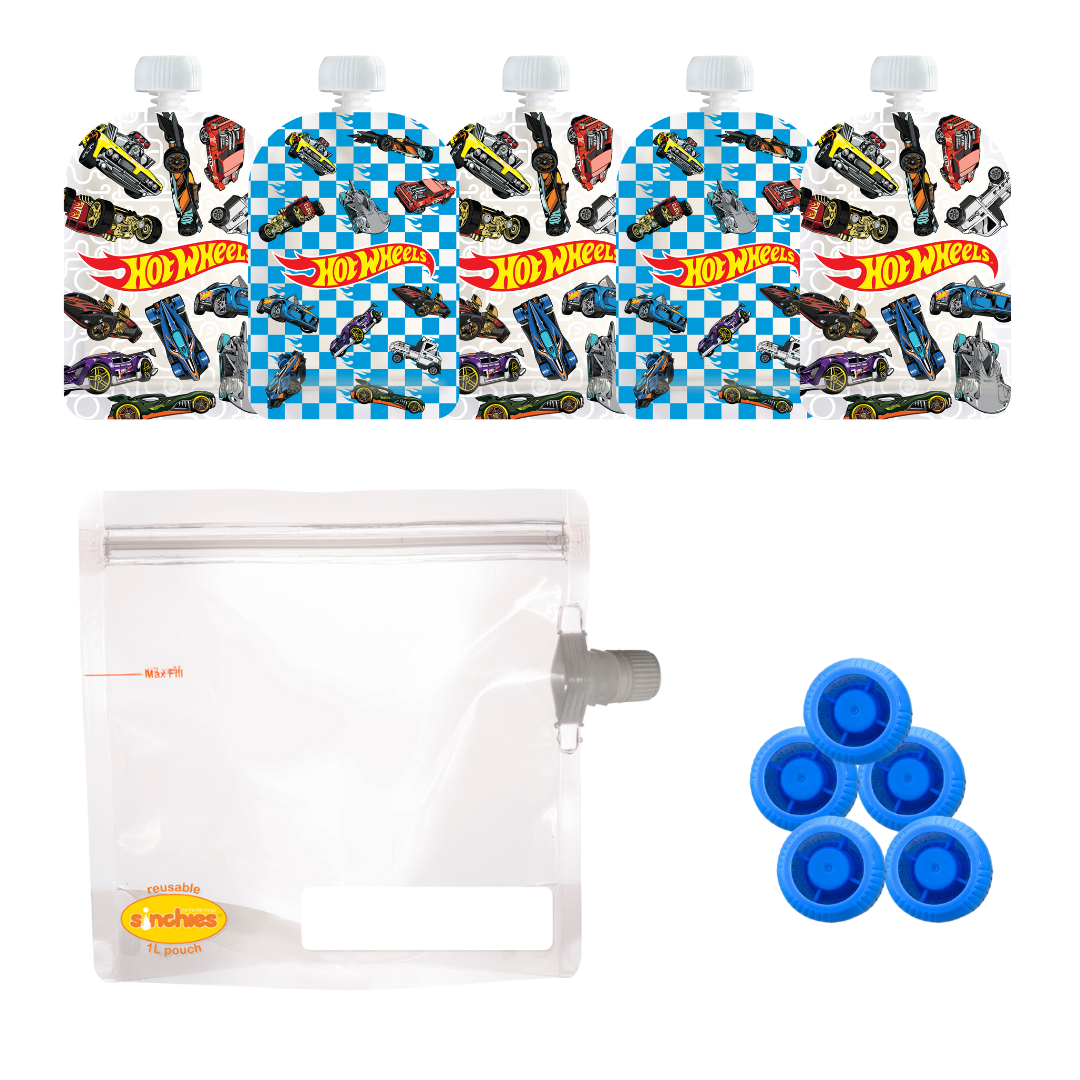
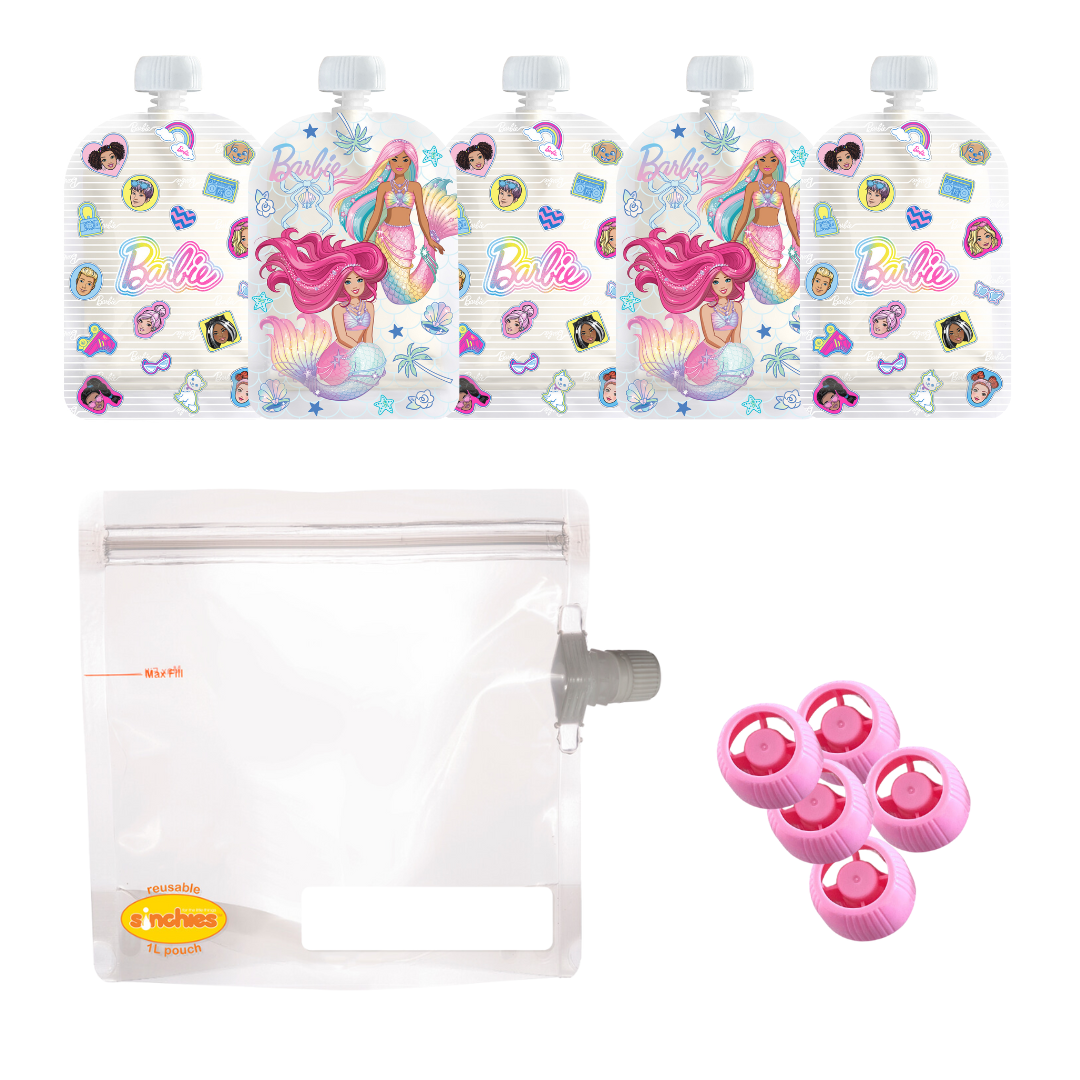


















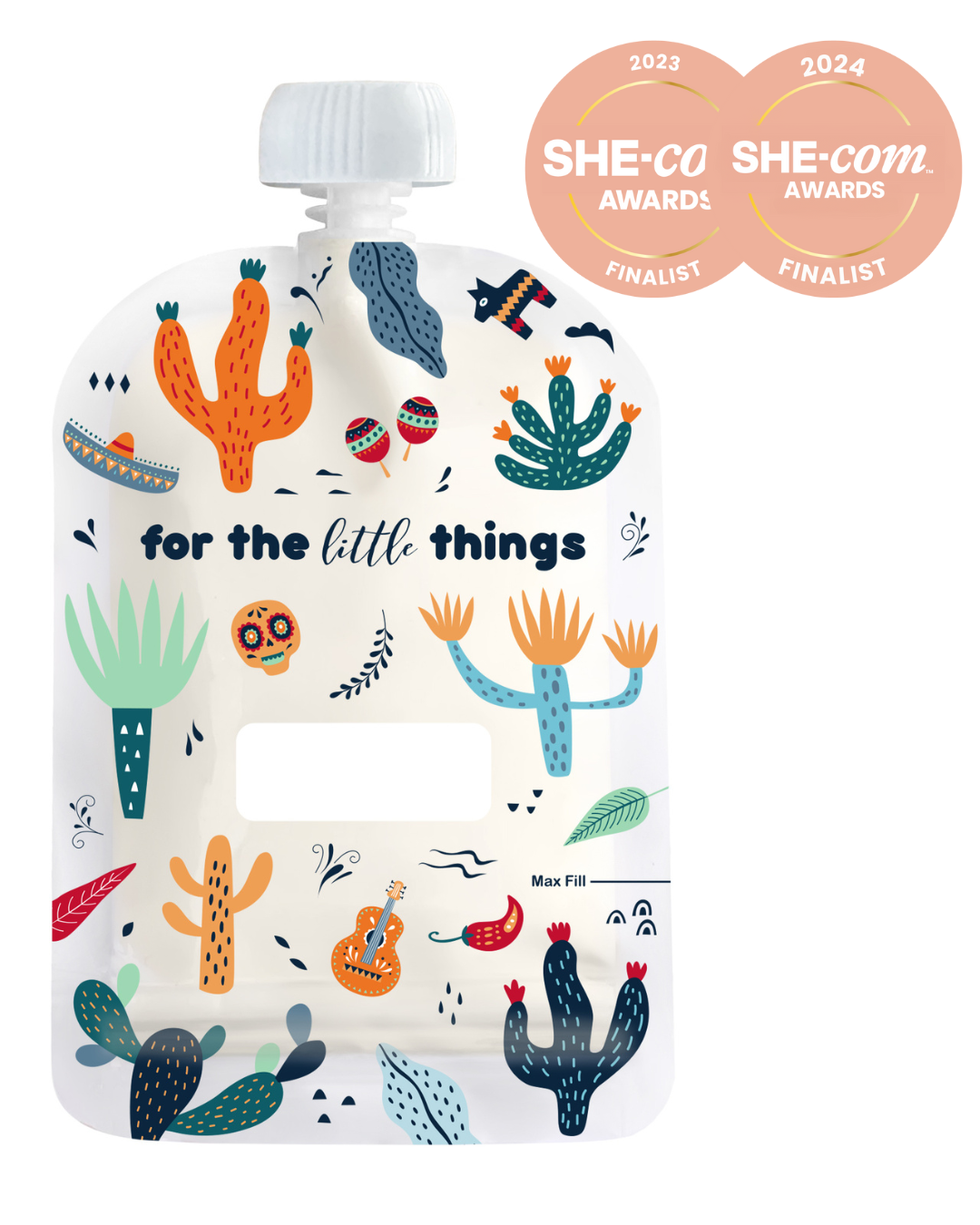
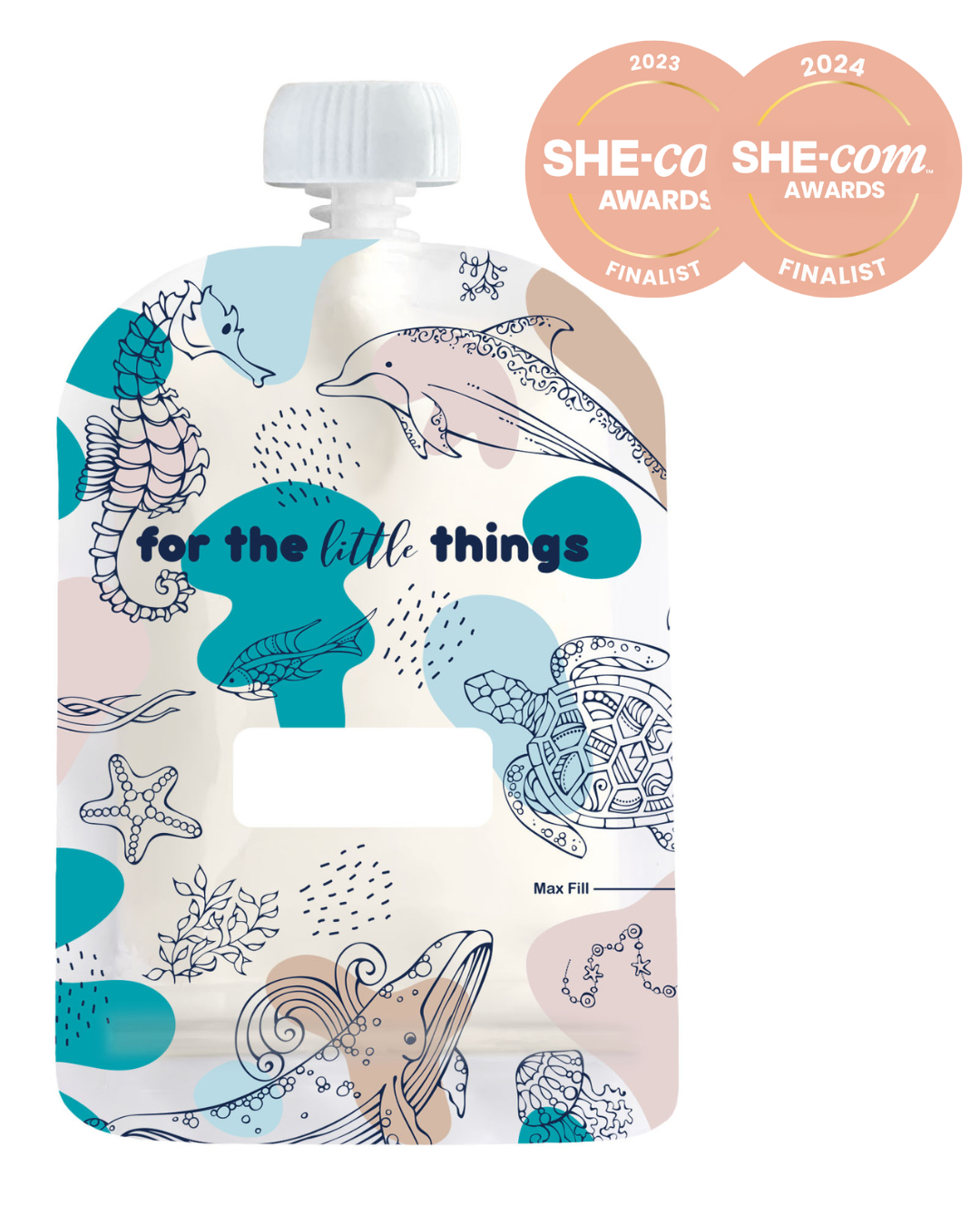











Leave a comment